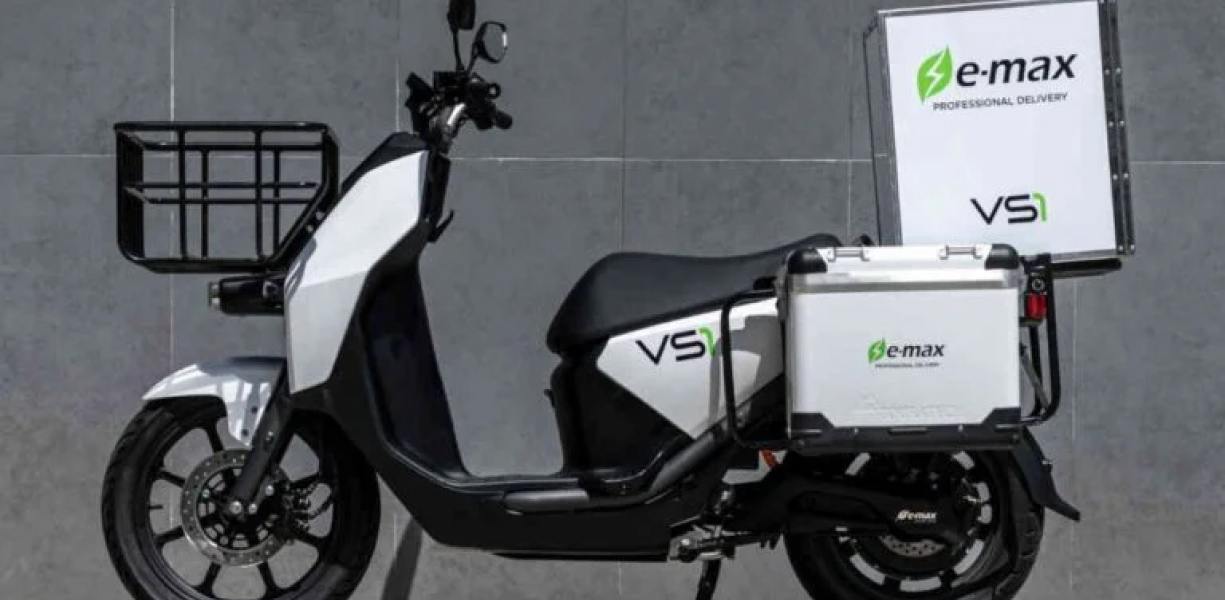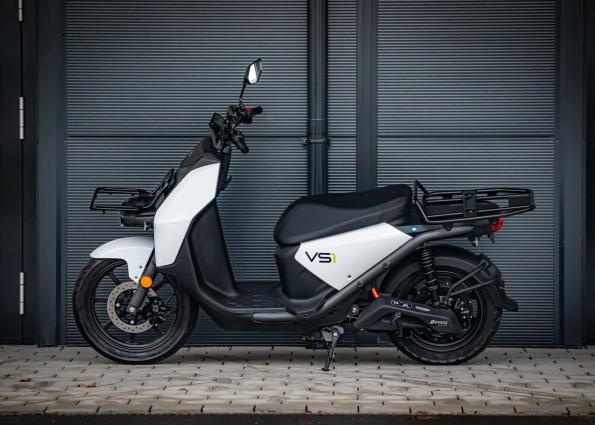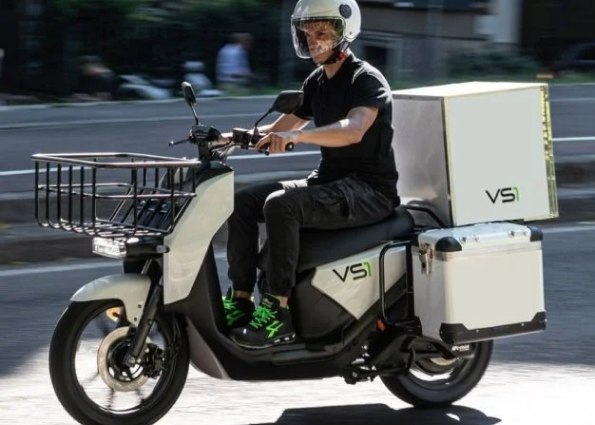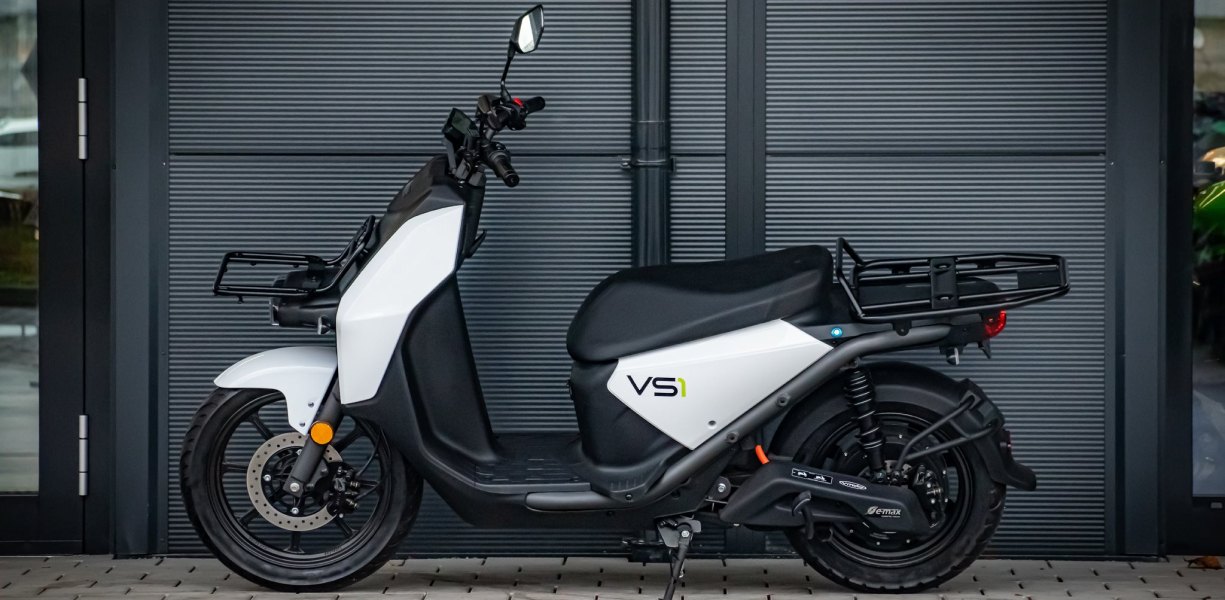
Future Trends in Electric Battery Development: Innovations and Challenges
Electric vehicles are becoming the leading factor in the search for environmentally friendly means of transportation in almost every industry. This increased demand for electric vehicles is happening majorly due to ongoing developments in battery technology. There is a lot to understand if we look deep into the upcoming trends influencing this ever-changing industry:
Solid-state energy sources
Electric bikes are being revolutionized by the use of solid-state batteries. Solid-state batteries provide better energy density and safety than their conventional lithium-ion equivalents. This solution tackles worries about battery safety and longevity while promising an improved range.
AI Incorporation
Battery management solutions that use artificial intelligence (AI) algorithms are improving efficiency and performance. AI opens possibilities to automatically modify the power supply to extend battery life by tracking parameters like temperature and usage behaviors. This clever technique promotes customer confidence in environmentally friendly transportation while improving the ride experience.
Recyclable materials
One important trend in the EV battery sector is the development of environmentally friendly and recyclable battery materials. To lessen their impact on the environment, manufacturers are looking at substitutes for traditional components like cobalt and nickel. The technology of electric motorcycles aligns more with greater sustainability goals since recyclable materials are prioritized.
Electric motorcycles are anticipated to become more widely available, effective, and ecologically harmless as these trends develop. Moreover, this aids in the worldwide shift towards sustainable mobility. However, there are issues with infrastructure development, cost-effectiveness, and scalability. Collaboration amongst stakeholders, funding for research and development, and supportive regulatory frameworks are all necessary to overcome these obstacles.


Repurposing EV Batteries: Driving Sustainability Forward
Among the constantly changing array of sustainable energy options, recycling used electric vehicle (EV) batteries is a prime example of innovation and ecological responsibility. A ground-breaking strategy for extending the life of electric vehicle batteries and lessening their environmental effect is to repurpose them.
Stationary energy storage
Among the constantly changing array of sustainable energy options, recycling used electric vehicle (EV) batteries is a prime example of innovation and ecological responsibility. Reusing EV batteries offers a cutting-edge way to extend their useful life and lessen their environmental effect.
Energy Storage Stationary
An innovative era of sustainable power management is being welcomed by refurbishing existing EV batteries for stationary energy storage applications. Even though they might not be able to power automobiles anymore, these batteries are still quite good at storing and discharging energy for use in homes and businesses. They store extra energy from renewable sources, such as solar panels, and act as backup power during blackouts when integrated into residential energy storage systems.
Electrical grid assistance
An essential way to maintain the electric grid is to incorporate older EV batteries into larger energy storage systems. The grid’s efficiency and dependability are improved when these batteries are combined for grid stabilization services like peak shaving and frequency management. This lowers the demand for additional manufacture of batteries.
Material recovery and recycling
Efforts in research concentrate on realizing the untapped potential of recycling used electric vehicle batteries. Recycling procedures have advanced by recovering important minerals like nickel, cobalt, and lithium, opening the door to their reuse in the making of new batteries. The wasteful production of batteries and electronic garbage can be reduced by effective EV battery recycling systems.
Reusing outdated EV batteries represents a dual commitment: increasing their longevity and promoting the growth of sustainable energy systems. We can maximize these batteries by recycling, reusing, and seamlessly integrating them into energy systems. Additionally, refurbishing the outdated batteries will get us closer to a day when sustainability and efficiency coexist.









